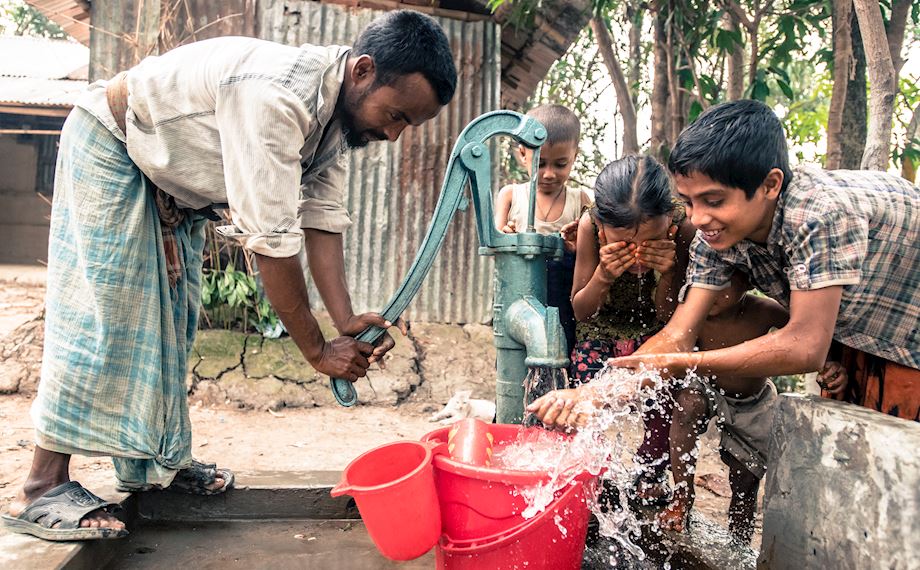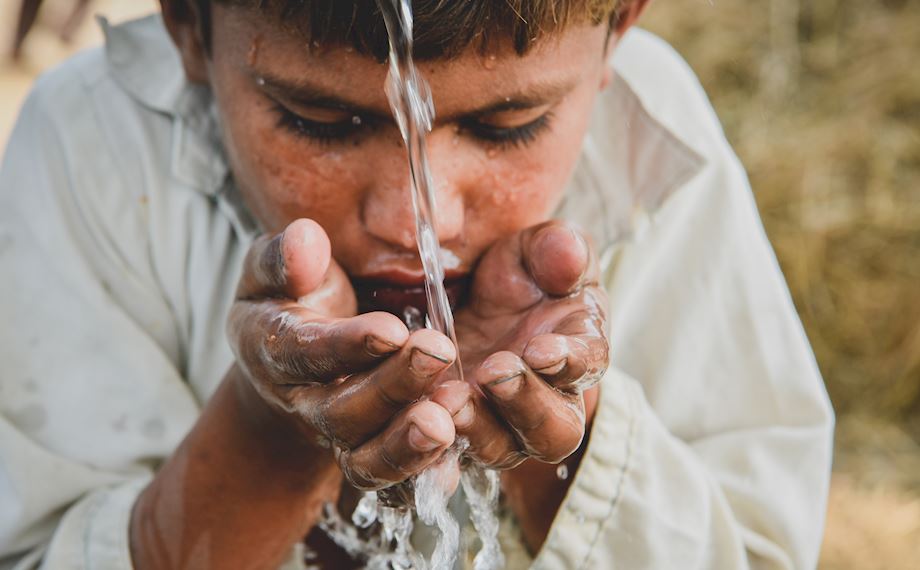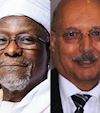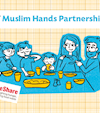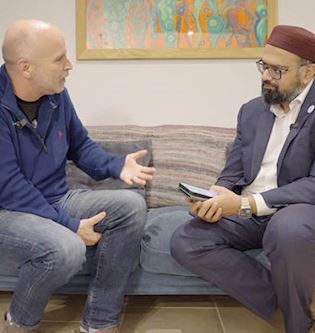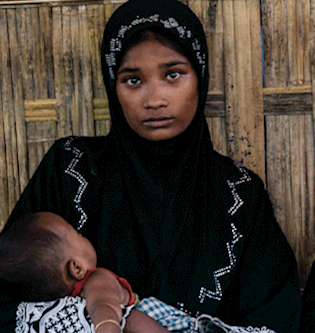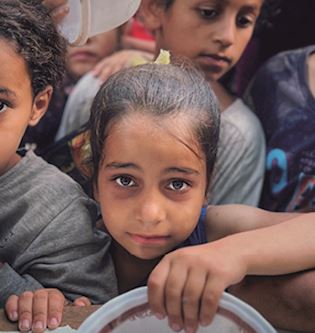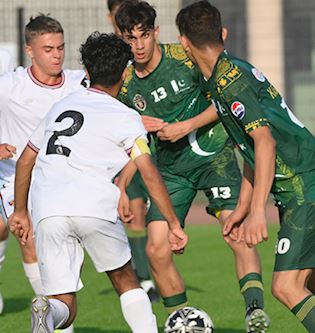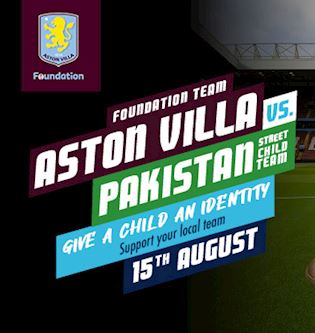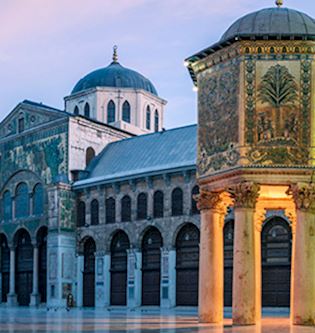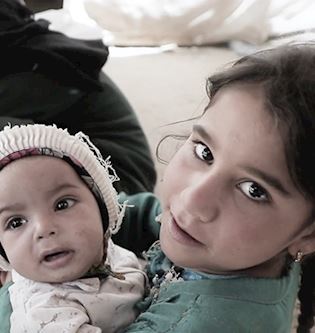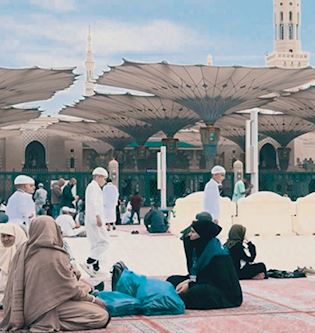Lessons from Coronavirus: We Are Privileged

Have you ever heard of this experiment? You wear a pair of glasses which flip the world upside down and, after three days, you get used to that perspective. Upside down becomes the new normal, the right way up. If you take the glasses off, the 'real world' will look upside-down to you.
It takes three days for our brains to adjust to 'the new normal'. It has now been over a week since the UK has been put into 'official' quarantine, and many of us have been self-isolating for much longer. This unprecedented crisis is 'the new normal' for our brains.
One of the most significant features of the new world we are living in is the massive emphasis placed on hand-washing. It has achieved panacea-like status. Elaborate hand-washing techniques and routines are disseminated daily.
How it works - roughly - is that soap (which contains fat-like substances known as amphiphiles) dissolves the virus' fat membrane, which is the weakest layer of the virus. This causes the virus to fall apart and become inactive. Rubbing your hands with soapy water then completely washes the virus away.
The science behind hand-washing is solid. Yes, soapy water alone can't stand in the way of a pandemic, so in that sense, it seems like flimsy advice. But it's a great preventative measure. It removes the virus from your skin and thus reduces your chances of being infected.
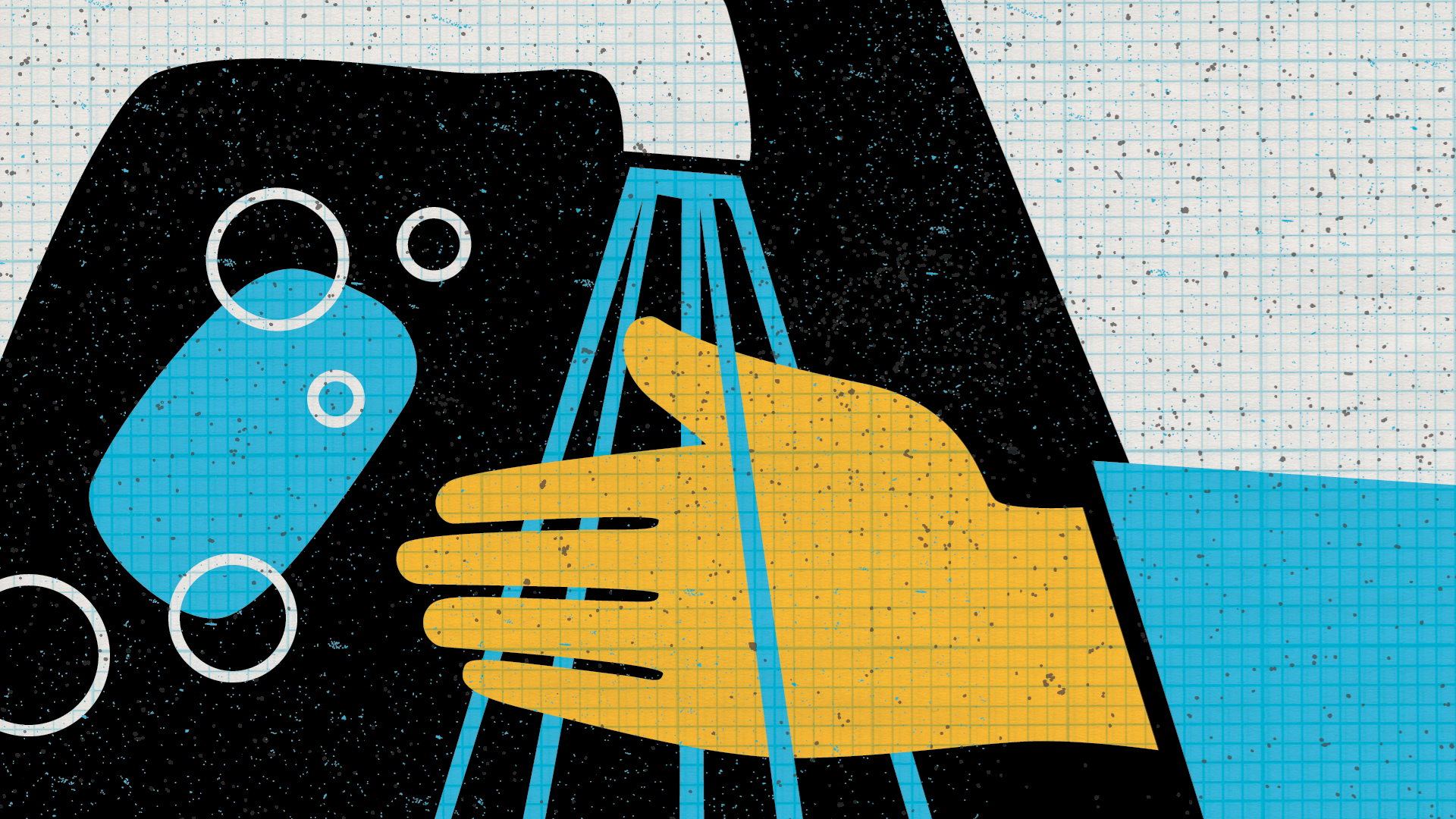
Of course, what we really want is a splendidly resourced healthcare system and mass testing and a fast-track antidote and the reassurance that food is definitely not going to run out. Soap is such flimsy advice, so absurdly simple, placing responsibility completely on our shoulders.
But the universal advice to wash our hands is also a privilege.
Seeing the world upside down, we realise something strange: soap and clean water are privileges.
Hand-washing is something we have always taken for granted, and we are therefore taken aback when we are told that it can help us fight this deadly pandemic. Just washing our hands? That simple part of our daily routine?
But hand-washing, the bare minimum requirement to stay healthy and safe, is a privilege. A luxury. Unattainable for millions.
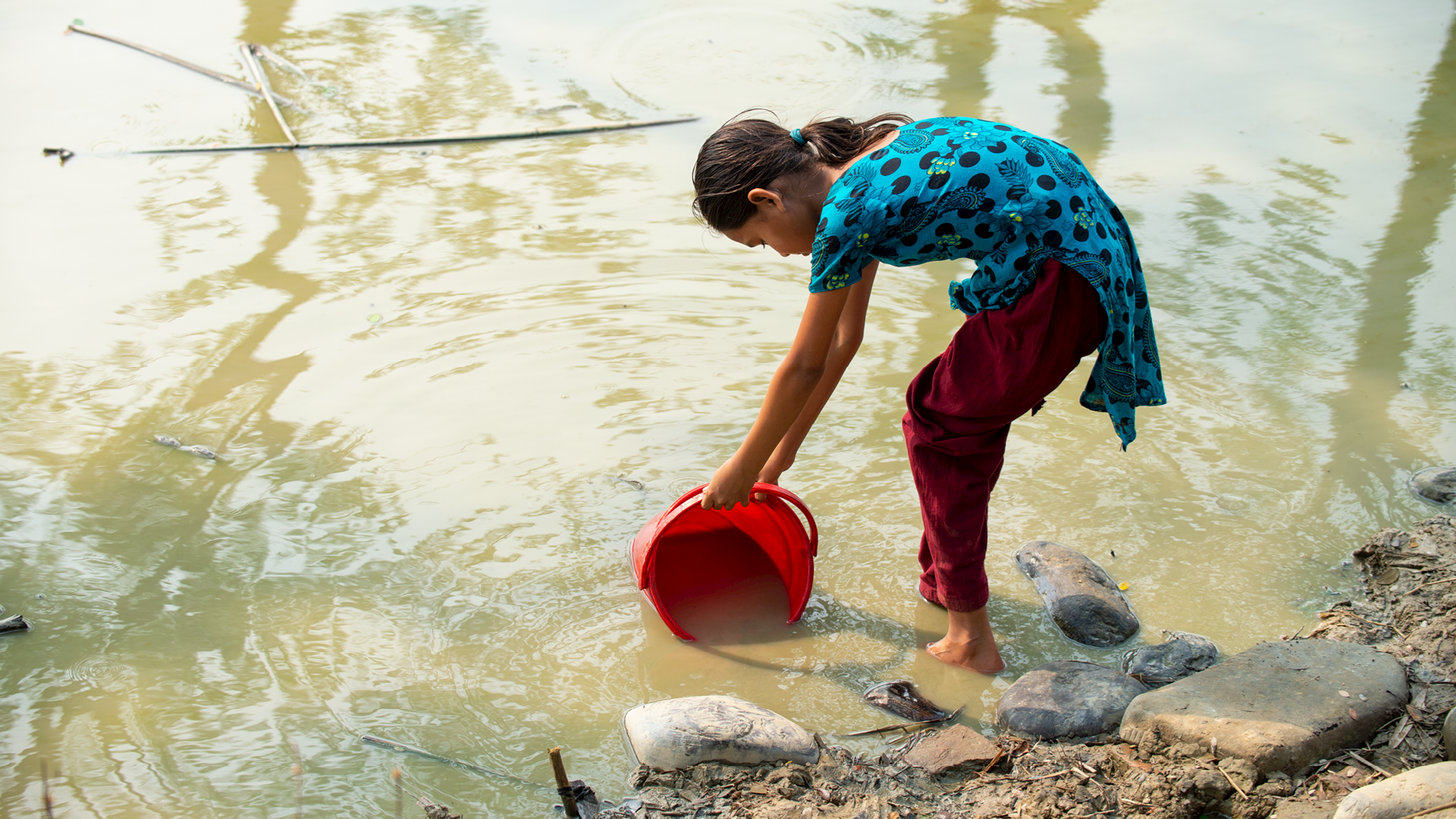
According to the CDC, about 1.8 million children under the age of five die each year from diarrheal diseases and pneumonia. They are the top two killers of young children around the world. But hand-washing with soap could drastically reduce this number. It could protect about 1 out of every 3 young children who get sick with diarrhoea. It could protect almost 1 out of 5 young children with respiratory infections like pneumonia.
The solution to diseases - and not just waterborne diseases - is basic: clean water and soap save lives. Washing your hands protects you from disease. It can transform entire communities, not only lifting them out of poverty but also saving the lives of their children.
As the deadly Coronavirus pandemic continues to rapidly spread, many of the world's poorest communities have been left without even the defence of hand-washing. This is unacceptable. The ability to wash your hands and protect yourself from disease should not be a luxury. It is a basic human right.
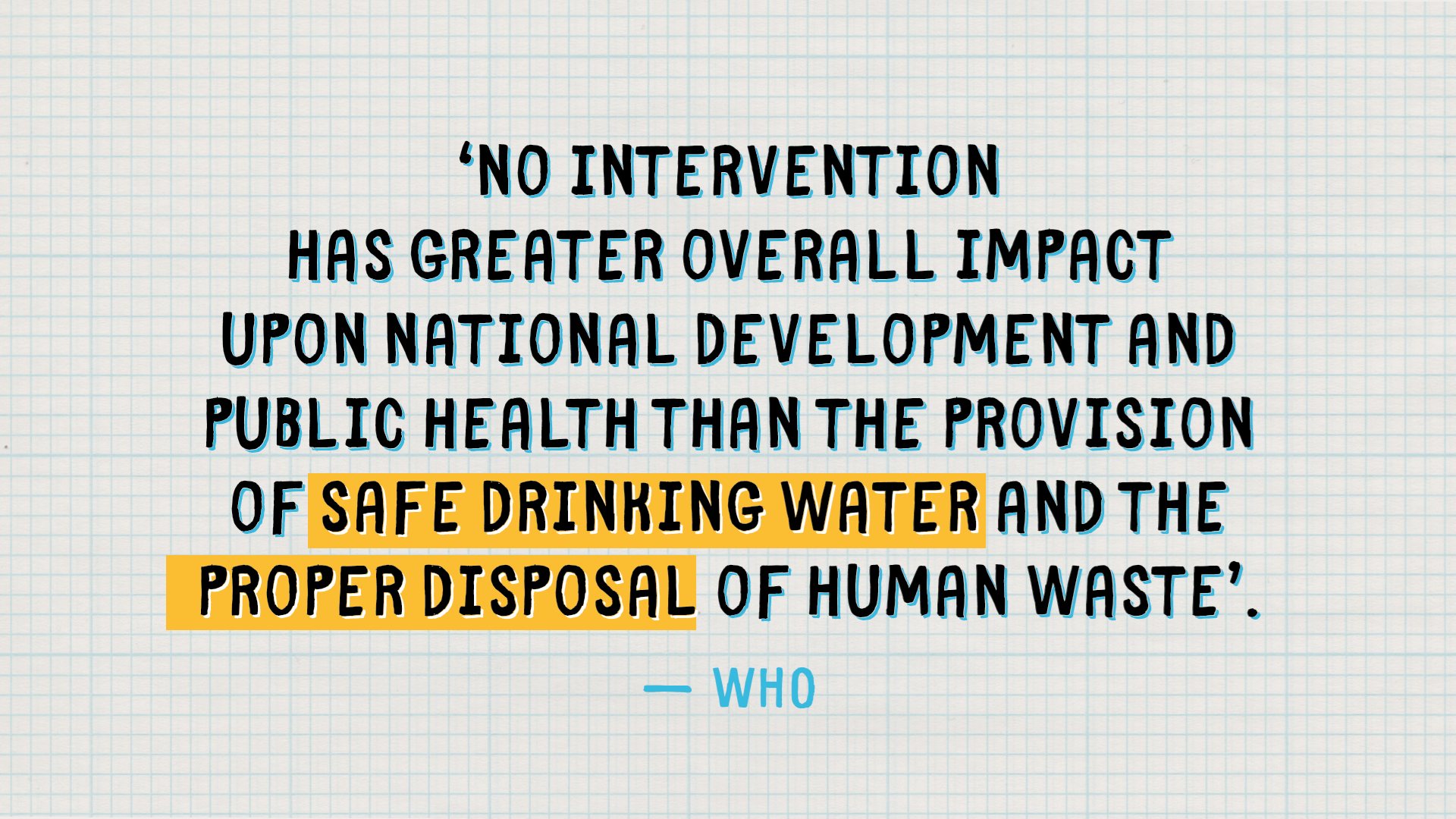
During the past few weeks, it has become even more powerfully clear that clean water is literally life-saving. You can help us protect the most vulnerable from disease and death.
If you can't afford to build a well, why not give an amount of your choosing to our Safe Water Fund? This Fund is used to construct water wells and latrines, support existing water projects, raise awareness about hygiene processes (such as hand-washing with soap), support sanitation and hygiene projects and more. Ultimately, your donation will help us build healthier, cleaner communities across the globe, protecting people from getting sick.
We are privileged enough to be able to wash our hands during this pandemic. Too many communities are missing out on the basic human right. You can help. Every donation counts and you can also help by sharing this article with friends, family and colleagues. Let's solve this problem together.





